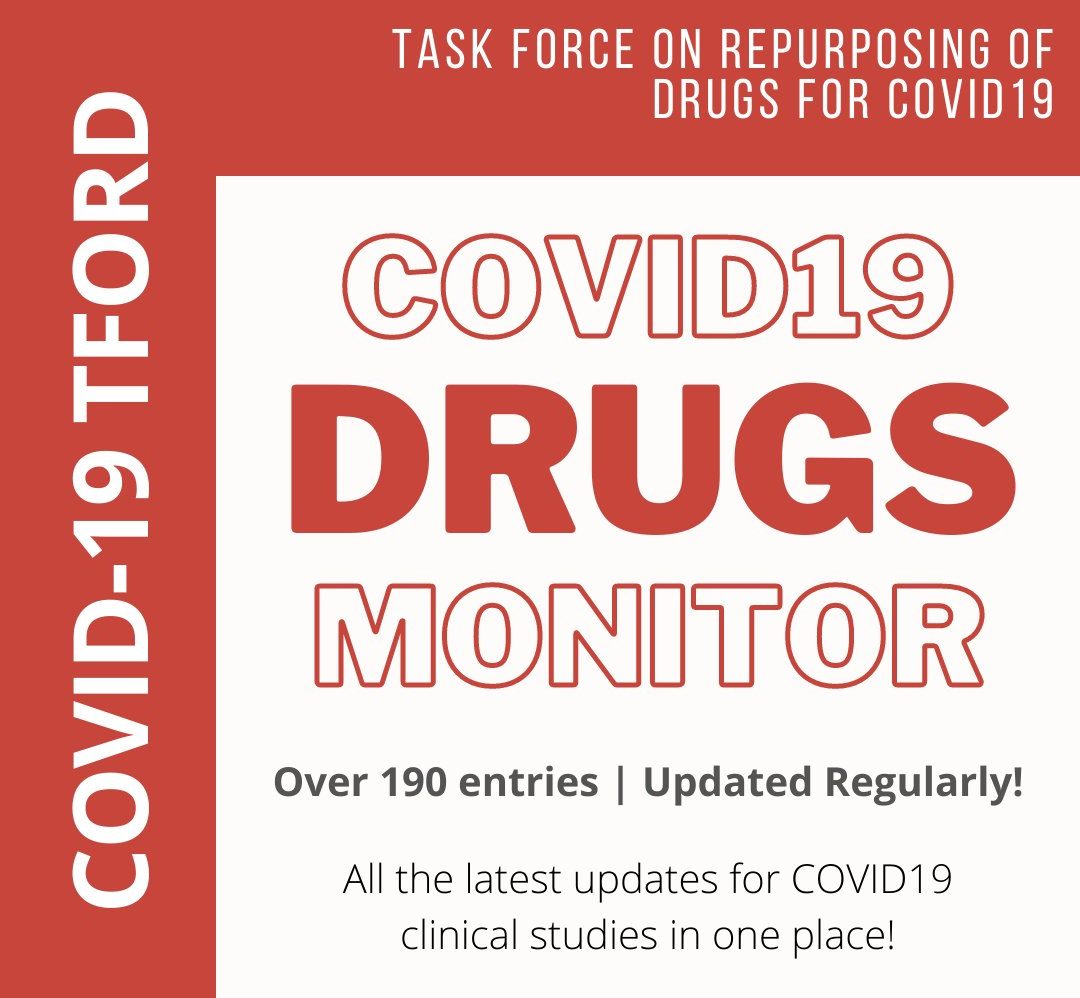(06 May 2021) Ivermectin- the rate of clinical improvement was 73.3% Vs 53.3% in the control group
Evaluation of the effectiveness and safety of adding ivermectin to treatment in severe COVID-19 patients
https://doi.org/10.1186/s12879-021-06104-9
NCT04646109-A total of 66 patients, 36 in the study group and 30 in the control group were included in the study. Mutations affecting ivermectin metabolism was detected in genetic tests of six (16.7%) patients in the study group and they were excluded from the study. At the end of the 5-day follow-up period, the rate of clinical improvement was 73.3% (22/30) in the study group and was 53.3% (16/30) in the control group (p = 0.10). At the end of the study, mortality developed in 6 patients (20%) in the study group and in 9 (30%) patients in the control group (p = 0.37). At the end of the follow-up period, the average peripheral capillary oxygen saturation (SpO2) values of the study and control groups were found to be 93.5 and 93.0%, respectively. Partial pressure of oxygen (PaO2)/FiO2 ratios were determined as 236.3 +/- 85.7 and 220.8 +/- 127.3 in the study and control groups, respectively. While the blood lymphocyte count was higher in the study group compared to the control group (1698 +/- 1438 and 1256 +/- 710, respectively) at the end of the follow-up period (p = 0.24); reduction in serum C-reactive protein (CRP), ferritin and D-dimer levels was more pronounced in the study group (p = 0.02, p = 0.005 and p = 0.03, respectively). According to the findings obtained, ivermectin can provide an increase in clinical recovery, improvement in prognostic laboratory parameters and a decrease in mortality rates even when used in patients with severe COVID-19.
